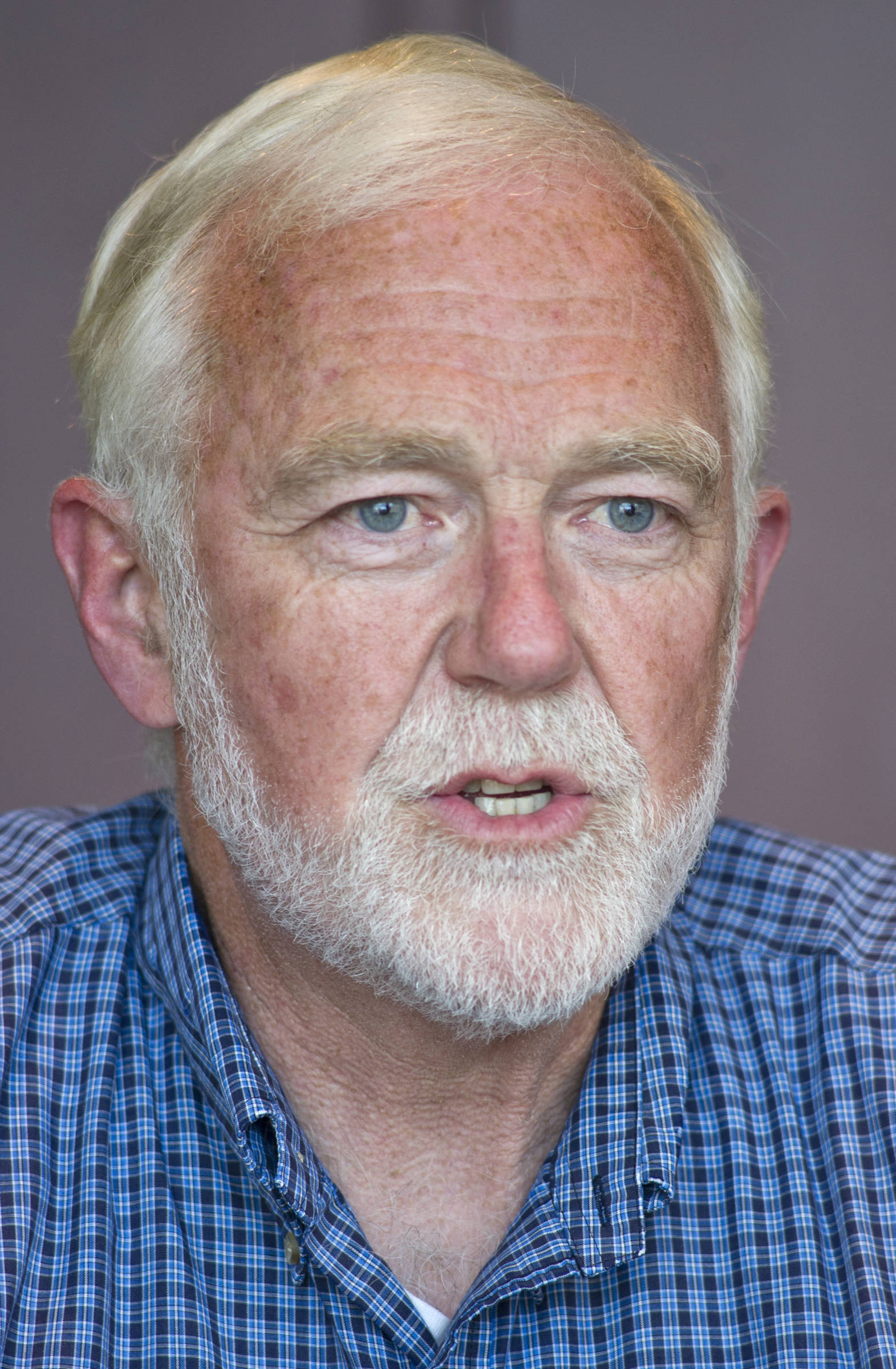As chancellor of the University of Alaska Southeast, I’ve been asked about the impact of the University of Alaska Anchorage’s loss of accreditation for its initial certification teacher education programs. In short, it will have no direct impact on UAS. I can assure you that our accreditation for teacher education is in good standing as is our accreditation for UAS as a whole.
The recent finding about UAA’s Education program is regrettable, and UA President Jim Johnsen and newly-appointed UAA Chancellor Cathy Sandeen have apologized to affected students and are working diligently to assist them. Advisers are working closely with students to provide information about the decision’s impact and guidance regarding choices. A call center is in place to assist students. Representatives from both UAS’ Alaska College of Education and the University of Alaska Fairbanks (UAF) have visited with UAA students to provide information about options for transfer.
Importantly, accreditation of teacher education programs in Alaska is regulated by the Alaska Department of Education and Early Development (DEED). The university prepares students for teacher certification and then recommends them for licensure. It is DEED that issues the certificate consistent with Alaska statutes and regulations.
UA’s three universities are working together with DEED to ensure that UAA students have a path to licensure through UA.
Considering these events, it’s useful to remember what university accreditation means and to clarify differences between institutional accreditation and specialized accreditation. In short, accreditation is about quality control, assessment of outcomes and a focus on continuous improvement. All three UA universities — UAS, UAA, and UAF — are in good standing as institutions of higher education under standards developed by the Northwest Commission on Colleges and Universities (NWCCU). This status enables us to award credit, grant degrees and access federal financial aid for students. NWCCU is one of seven regional accrediting bodies empowered by the federal government to assure quality in higher education. Retaining accreditation requires careful attention to fulfilling the institution’s mission and meeting published standards. Normally NWCCU revisits each institution every seven years.
[Gov’s bills include $20M slash to education]
While NWCCU accreditation focuses on the institution as a whole, universities may be required to have specialized accreditation for specific programs like teacher education, engineering and nursing. For example, in Alaska DEED requires all teacher education programs to substantially comply with standards established by CAEP, the Council for Accreditation of Educator Preparation. CAEP accreditation focuses on five standards designed to promote excellence in all aspects of educator preparation. At UAA, the CAEP review team concluded that initial licensure programs did not demonstrate adequate documentation in four of the five standards. This finding was communicated to UAA on January 11.
While UAA’s loss of accreditation for initial licensure does not impact UAS students, it is timely to note that UAS will soon have its own site visits involving reviewers from both NWCCU and CAEP. We are preparing self-study reports to both entities. UAS will host a first site visit involving NWCCU reviewers in April. Notice of this visit will be made public, inviting comments from the community about how well UAS fulfills its educational mission. Similarly, UAS will host a CAEP site visit in November 2019, focusing specifically on our teacher education programs. A final decision about our CAEP accreditation is expected in Spring 2020. CAEP accreditation is a challenging process, but our faculty and staff are working hard to produce a positive result.
[Here’s how Dunleavy’s proposed education cuts would affect Juneau schools]
As UAS Chancellor, I want you to know the importance we place on providing quality affordable higher education in conformance with accreditation standards — both for the university as a whole and for specialized programs like teacher education. Our faculty and staff take great pride in the quality education and workforce training we provide. We have every intention of fulfilling accreditors’ expectations for the benefit of our students. We appreciate your support for our regional university and our focus on student learning and meeting the needs of Southeast Alaska.
• Rick Caulfield is the chancellor of the University of Alaska Southeast. My Turns and Letters to the Editor represent the view of the author, not the view of the Juneau Empire.

